1. Healthcare

Americans often equate the ability to see a doctor with freedom, but in reality, it comes with a hefty price tag. Health insurance premiums, co-pays, and deductibles can drain a person’s bank account faster than a weekend trip. Even emergency care can lead to tens of thousands of dollars in bills. What feels like liberty—the ability to get treatment—is really a fee disguised as a fundamental right.
On top of that, many Americans delay care because of the cost, which undermines the idea of “freedom to be healthy.” Unlike some countries where healthcare is a public service, here, you pay whether you’re sick or just trying to stay well. This creates a system where financial freedom is just as important as medical freedom. Essentially, your health often comes with a price tag you can’t ignore.
2. College Education

Going to college is sold as the ultimate path to freedom and upward mobility, but tuition costs can feel more like chains. Student loans have become a rite of passage for millions, with many graduates paying for decades. Books, fees, and housing on top of tuition make “freedom” a financial marathon rather than an escape. The promise of independence is often overshadowed by debt that lasts well into adulthood.
Even community colleges aren’t immune, with fees for labs, registration, and parking stacking up quickly. Americans are technically “free” to pursue higher education, but that freedom comes with a wallet-emptying cost. It’s a system that links intellectual freedom directly to how much money you have. In practice, the price tag can feel like a tax on ambition.
3. Voting
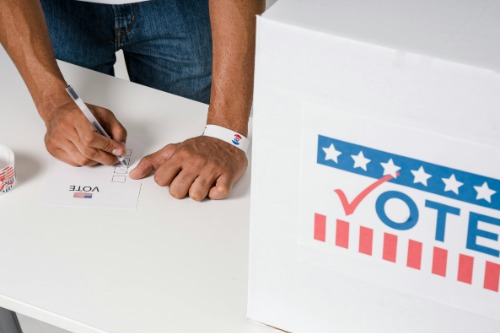
Voting is considered a cornerstone of American freedom, but the process itself can involve hidden costs. Time off work, transportation, childcare, and sometimes even registration fees all make participation less accessible. The so-called “freedom to vote” often requires personal resources that not everyone can spare. For many, the act of voting is as much an investment as it is a right.
Then there’s the barrier of voter ID laws in certain states, which can require fees for obtaining official identification. This turns a civic duty into a small financial burden. Freedom is celebrated on election day, but the path there isn’t entirely free. Money, indirectly, often dictates who can fully participate.
4. Owning a Gun

Gun ownership is frequently hailed as a symbol of freedom in America, yet it comes with numerous fees and expenses. Firearms themselves can cost hundreds or thousands of dollars. On top of that, buyers may pay for permits, background checks, and mandatory safety courses. Maintaining a gun safely—through storage and regular upkeep—adds another layer of financial responsibility.
Even shooting ranges and ammunition aren’t cheap, turning what’s marketed as liberty into an ongoing expense. The “freedom” to bear arms can be out of reach for many because of these cumulative costs. It’s freedom tied to financial commitment rather than a simple right. Owning a firearm often requires continual investment just to exercise that right safely.
5. Driving a Car

The freedom to hit the open road is an iconic part of American culture, but cars are expensive. Beyond the purchase price, there’s insurance, fuel, maintenance, and registration fees. Traffic tickets and parking fines can make freedom feel like a luxury tax. Even the most basic transportation requires a financial commitment that many overlook.
Car ownership is often unavoidable in many areas due to public transit limitations. What’s celebrated as independence—going wherever you want, whenever you want—is really a recurring set of payments. The freedom to drive comes with nearly constant financial strings attached. It’s less a right and more a costly convenience.
6. Starting a Business

Entrepreneurship is seen as a quintessential American freedom, the ability to chase your dreams. But starting a business involves registration fees, licenses, insurance, and taxes before you even make a dollar. Legal and accounting help, often necessary to stay compliant, adds to the upfront costs. For many, “freedom to run your own business” can start feeling like debt before any profit.
Even ongoing operational costs—software, payroll, and permits—make this freedom pricey. While the dream is independence, the reality is that running a business often requires significant capital. The barriers to entry highlight that this kind of liberty isn’t free. It’s a system where financial resources dictate how free you can actually be.
7. Owning Property

Buying a home is frequently framed as a symbol of achieving the American Dream. Homeownership is often equated with freedom to live where you want and build equity. But mortgages, property taxes, insurance, and maintenance costs quickly pile up. What seems like independence is really a long-term financial obligation.
Even after buying, homeowners are tied to HOA fees, repair bills, and fluctuating interest rates. Foreclosure risk means that losing your home is always a financial threat. The freedom to “own” property is intertwined with constant monetary responsibility. Independence, in this case, is practically inseparable from expense.
8. Going to Court

Americans often see the legal system as a means to protect freedom, but accessing it comes at a cost. Filing fees, attorney charges, court costs, and other procedural expenses can quickly mount. Even small claims require money, which limits the “freedom to seek justice” for many. For some, the law is less about liberty and more about who can afford it.
Legal aid exists, but it’s often stretched thin and only covers certain cases. When your freedom is contingent on your ability to pay for representation, justice isn’t entirely free. The system can inadvertently favor wealth over principle. Legal freedom frequently requires financial means to exercise fully.
9. Traveling
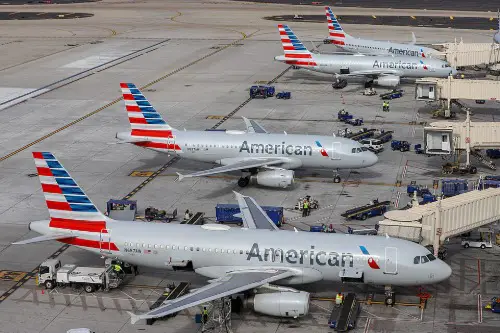
The freedom to travel within or outside the U.S. is highly valued, but costs add up fast. Flights, hotels, car rentals, visas, and travel insurance are all necessary expenses. Even road trips involve fuel, tolls, and lodging. What seems like the liberty to explore is heavily mediated by your budget.
Travel restrictions and fees can further limit access. Passports alone have a government fee, and expedited processing adds extra. This is a freedom that requires financial planning rather than being freely accessible. Essentially, seeing the world comes with a ticket price.
10. Accessing the Internet

Many Americans view internet access as essential to modern freedom. It allows communication, work, and access to information. Yet, broadband plans and mobile data come with monthly costs that are often higher than basic utilities. Without paying these fees, this modern “freedom” is inaccessible.
Even public Wi-Fi can be limited or slow, making reliable access a commodity. Devices themselves—phones, computers, routers—require upfront investment. The digital world is often sold as a realm of limitless freedom. In truth, entry is restricted to those who can pay the recurring bills.
11. Watching TV or Streaming
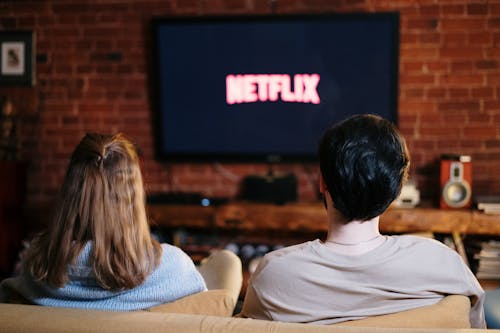
Entertainment is a modern luxury tied to personal choice, often called freedom of leisure. But cable subscriptions, streaming services, and premium content come with recurring monthly fees. Even “free” services are ad-supported, requiring your attention as currency. The ability to choose your shows isn’t free; it’s monetized.
Many households pay for multiple streaming platforms, making the total cost surprisingly high. Binge-watching your favorite series comes at a predictable financial toll. Leisure freedom has quietly become another line item in the budget. What feels like choice is mostly an ongoing subscription plan.
12. Owning a Smartphone
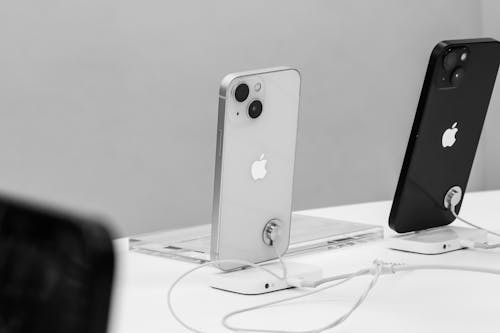
A smartphone symbolizes independence—instant communication, access to information, and navigation. But the devices themselves are costly, often requiring hundreds or even over a thousand dollars upfront. Add monthly service fees, data overages, and app purchases, and the cost grows quickly. Freedom in your pocket comes at a persistent expense.
Phones also require accessories, maintenance, and upgrades to function optimally. Losing or breaking one adds another unexpected financial hit. The very tool Americans rely on for connectivity and productivity is also a continuous investment. Independence comes in small installments, not all at once.
13. Paying Taxes
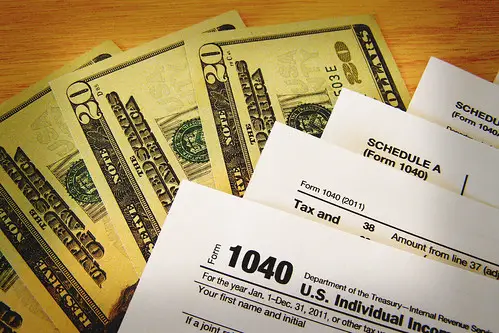
Many Americans view paying taxes as part of living in a free society, funding roads, schools, and services. Yet taxes are literally fees you pay to maintain that system, sometimes with little direct benefit. Property, income, and sales taxes chip away at your disposable income constantly. Even the “freedom” these taxes support comes with a price.
Moreover, the complexity of the tax system often requires hiring accountants or using paid software. Filing taxes isn’t just civic participation; it’s a financial and time investment. The liberty to enjoy public services is inseparable from this ongoing monetary contribution. Freedom in America often has a receipt attached.
This post 13 Things Americans Call “Freedom” That Are Actually Fees was first published on American Charm.


